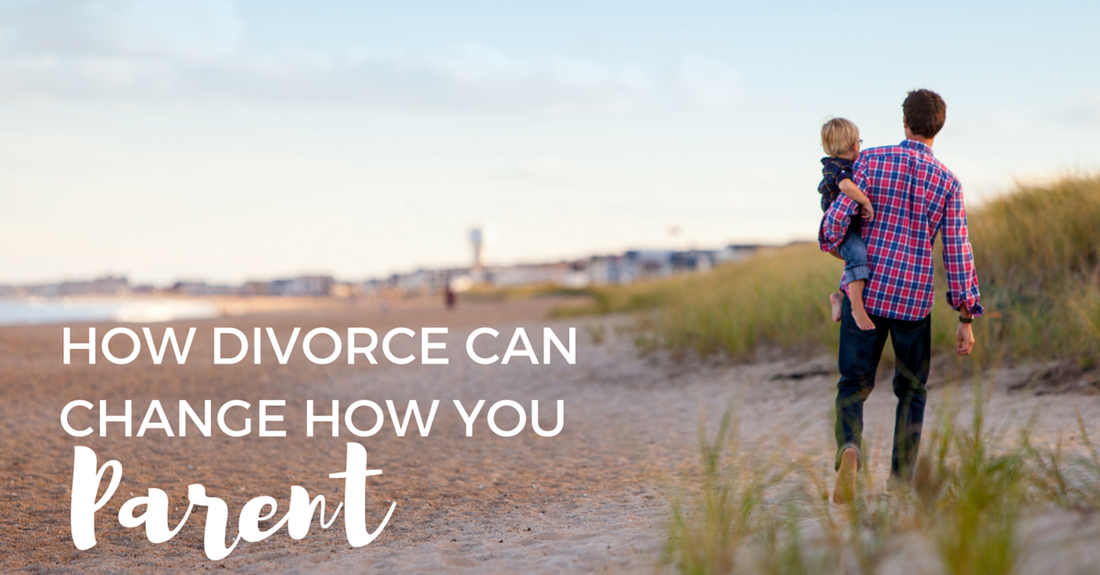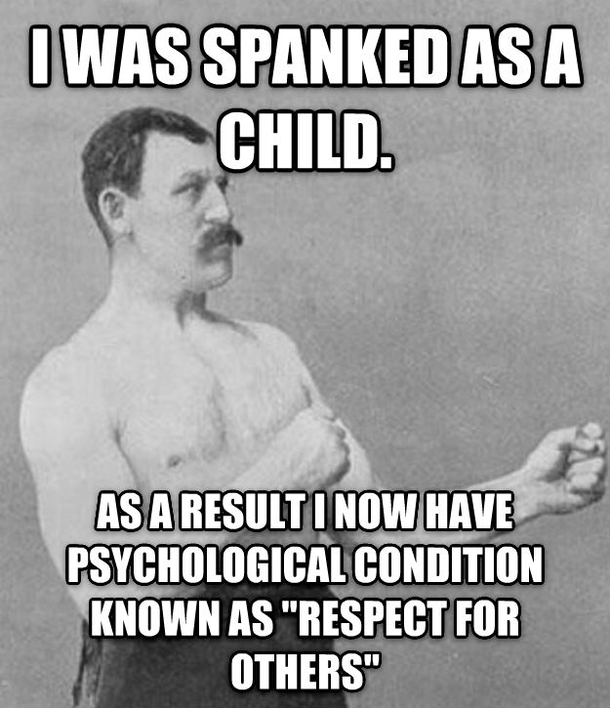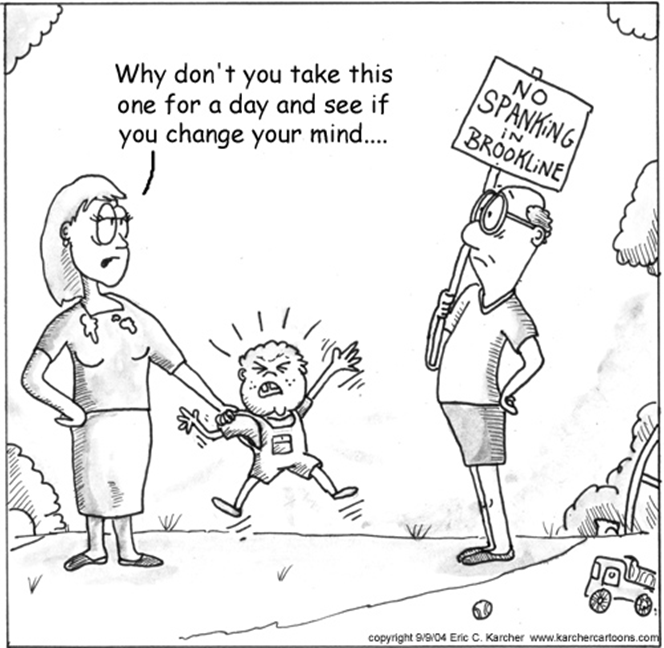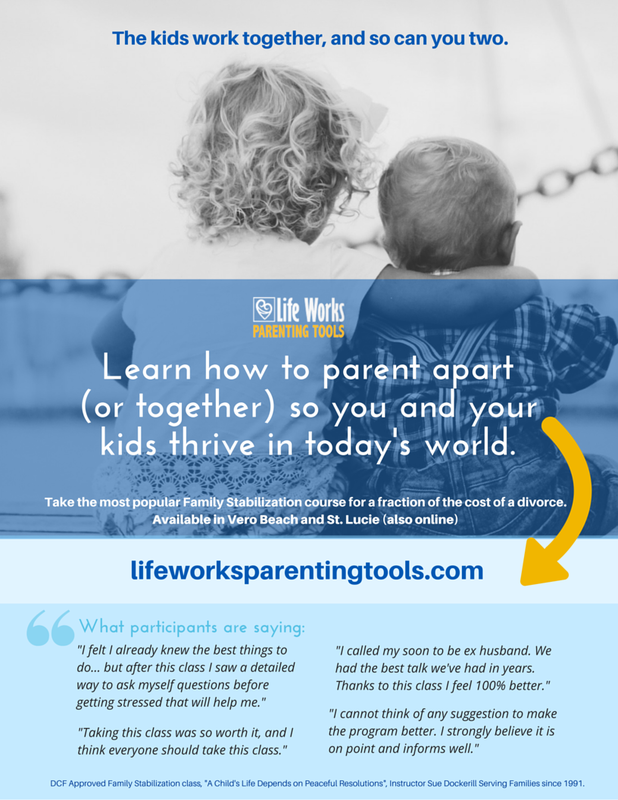|
12/14/2016
How to Redirect Hurtful BehaviorWhen your child does something hurtful, use Self-Quieting and ACT. For example, say your children are crying and you aren’t sure what happened, or maybe you do. First, don’t assume one child is to blame. Instead, you might say: “It looks like something happened here. Your sister is crying and you look really angry. Go in your rooms, calm down, and when you are calm, I will come in and find out what happened.” Separately Use ACTA - Acknowledge Feelings “I hate my sister!” “You are really angry with your sister.” (Respond to feelings not words.) “Yes, she’s always messing with me! “ “She can really make you mad, huh? I can see how you might feel that way. What else are you feeling?” “I just wish she wasn’t so mean. She is always trying to get me mad so I hit her then she fake cries and goes and tells on me. Then I get in trouble. “ “I can see why you are so upset and the hitting thing really isn’t working. Is it? C - Communicate limit Communicate limitations of their behavior. “Hitting is not safe. What else can you do?” T- Target Target what they can do with anger instead of the limitation. “You can use your words. You can say, I am angry! Get out of my room. But you cannot hit. Hitting is ABUSE and it is not safe. Would it be ok if I hit you when I get upset? No, that would be child abuse and scary. It is not ok to hit your sister. Hitting doesn’t solve problems. It sounds like it makes more problems if you keep getting into trouble. Relax for a while and I will talk with your sister.” Go to the other child and repeat. Opportunity To Teach Problem Solving Skills and Communication After speaking with each child and when they come out of their self-quieting area, post these three questions in your house so they know how to solve problems on their own next time. One at a time, teach the sender to answer the question and the receiver repeats what they heard and checks to make sure the understand the sender. 1.HOW DO YOU FEEL? RECEIVER -“How do you feel Casey?” SENDER - Casey responds, “I don’t like it when you come into my room and mess with my stuff. You annoy me and make me angry. RECEIVER: Kelly (listens and repeats what she heard without adding anything else to it or leaving anything out)
SENDER - Casey replies yes. SWITCH RECIEVER - Casey asks Kelly, “How do you feel?” SENDER - Kelly responds, “I don’t like it when you hit me. Hitting Hurts.” RECEIVER - Casey responds, “You don’t like it when I hit you, because it hurts.” Is that it? SENDER: Kelly responds, “Yes 2.WHAT DO YOU WANT? RECEIVER: Casey asks, “What do you want Kelly?’ SENDER:- Kelly says, I want you to use your words and stop hitting me RECEIVER: You want me to use my words and stop hitting you. SENDER: Kelly responds, yes. 3.WHAT WILL YOU DO? RECEIVER: Casey what will you do? SENDER: - Casey responds, I will tell you to get out of my room. If you don’t I will get mom instead of hitting. (Parent steps in with a consequence if Casey hits) RECEIVER: - You will tell me to get out of your room and if I don’t you will get mom and she will have us hang out in our rooms for awhile. Do I understand you? SENDER: -YES SWITCH RECEIVER Casey asks Kelly, What will you do? SENDER: -Kelly responds, I will stop messing with your stuff and leave your room. RECEIVER: - Casey repeats, “You will stop messing with my stuff and leave my room. Do I understand you? SENDER: Yes, Let’s go play. THE KEY IS TO PUT THE CHILDREN IN THE SAME BOAT Do this once or twice, and the next time it gets out of control, stop the fighting and say do you want to go to your rooms and chill out or can the two of you work this out? Watch how fast they work it out to avoid the three questions! Encourage them for working it out and fire yourself from being the judge the juror or the referee. These tools will help them to build healthy relationships throughout their whole life. Life Works Parenting Tools is dedicated to bridging the gap between home and school by working collaboratively with families, schools, and other local programs and agencies to provide parenting classes, teacher-in-service training, mediation and stay in school programs for at-risk children.
by Guest Author Elizabeth Powell Have you ever come to a place where there is nowhere else to go but up, down, or sideways? You know that place, I’m sure we’ve all been there, right? You just get to this point where the choices aren’t easy and you know, you just know, that you can’t go back… back is not an option. Seven years ago I was at that point. I had a great job that I loved, two beautiful children, but my home and my marriage was falling apart, like ground crumbling in one of those action adventure movies where the earth is caving in behind the characters’ feet and they have no choice but to jump or climb or die. Actually, my marriage was crumbling before it started. We had built a relationship on a poor foundation to begin with. Everything that was contributing to the inevitable collapse of my family as I knew it were the very things that I saw as “red flags” when I met my husband. Now, don’t get me wrong, my ex-husband is an amazing person. He is a remarkable human being. He is a good father and a kind person. And those were the reasons I stayed and created a relationship with him. You know, no one teaches us how to have relationships. There are no classes when we are growing up in school about how to have relationships, so we learn by default. And our default can be good, our default can be disastrous – or somewhere in between. The fact of the matter is that we learn by our role models and by our societal norms. Very rarely do we “learn” how to have healthy relationships. Many times we don’t even know what a “healthy relationship” looks like. So here I was, sitting at the edge of the cliff… scared to death to take that jump, that leap of faith, but I had no other option… the ground behind me was crumbling and crumbling fast. If you have been through a divorce, then you probably have a pretty good idea of that place I’m talking about. You know people don’t just wake up one day an say “oh, honey, gee, this isn’t really working out, let’s get a divorce” – statistics show that one of you figure it out first… and the other one, even if all the signs are present that your marriage is falling apart, don’t even see it coming. So regardless of which side you were on (or are on) with your divorce, don’t feel bad. There’s a lot of guilt and frustration on both sides of that coin. So there I was… ready to jump knowing that there was no other option… but it isn’t just me, you see, I have these two precious children to think about… ages 6 and 3… pretty critical ages for making a drastic life change, but again, there was no other option. The marriage was so bad that staying I could see was more detrimental than leaving. So, carefully planned out, I did it. And let me tell you… it was NOT pretty! There was fighting and a lot hurt feelings, but after about 2 months things had finally settled down and we were, well… not amicable, but we could at least talk without trying to verbally assault each other! Fast forward one year and the fire was at least settled down to coals. We had been living separately and the children were on a good schedule. I had somehow done it. Somehow my husband had done it. We had managed to separate our family and peace, to some degree, was the result. After a year I had decided to file for divorce and that’s when we found out about the Parenting Class that was required before our divorce could be finalized. At that point we didn’t have to take the class until right before the divorce proceedings. A few weeks before our court date I took Sue Dockerill’s parenting class and it completely changed my life and the way I parent my children and co-parent with their dad. Shortly after I took the class, my soon to be ex-husband took the same class and it revolutionized our relationship as newly divorcing parents. You know, I see so many couples who have divorced or are divorcing with children, and instead of it being a solution to the problems they were having, it becomes an extension of the problems. It’s just a continuance of the fighting, bickering, blaming, guilting, and shaming…. And the worst thing about this is that there are children involved… no children - fight, bicker, shame, blame all you want. It’s like driving a car without wearing your seat belt… only you will suffer the consequences of your actions… but put a child in the car without a car seat or seat belt and you can have a disastrous effect on that child and his or her life forever. And this is exactly what happens when you continue to fight and blame and shame as co-parents. Ultimately, you are teaching your child how to relate to another human being, and more importantly you are teaching the child how to have unhealthy relationships. Did you know that a child’s brain is 90% developed by the age of 5? Critical life skills are being imprinted early on like communicating needs, showing affection and love, how to handle stress, and how to self calm. When our children are born they don’t come with an owner’s manual. When did you take a class that taught you the most effective ways to parent? When did you take a class on how to rewire yourself so that you are modeling the most effective methods for relating to yourself and others? Anybody? Ever? You upgrade your computer, you learn the most effective methods for managing your company, your employees, you keep up to date with the newest techniques in your professional field, you take continuing education credits… but when do you update, upgrade, and, when necessary, rework your method of parenting? If I give you a block of wood and a screw and ask you to put the screw in the block of wood, there’s no doubt in my mind that any of you could do this task with ease, correct? So here’s your screw and wood – an easy task…. But here’s your choice of tools - a wrench, a hammer, needle nose pliers, a mallet and a ratchet – now how successful are you going to be with this “easy” task? What’s this screw going to look like after your attempt to put it in with these tools? Probably not very good, huh? Our tools are handed down from generation to generation within a model given to us by our society, our culture and our religions. We can’t help that we only have a wrench, let’s say in our toolbox. Let’s take spanking as a perfect example – “spare the rod, spoil the child” – we love using that as our justification for spanking our children, especially if we were raised in the religious tradition that gave it to us, but let me explain – does anyone truly understand the context from which that proverb was given? Proverbs 13:24 actually says “Whoever spares the rod hates their children, but the one who loves their children is careful to discipline them.” This is the new International Version and regardless of whether you are a “religious person” or a Christian, wouldn’t you say that this saying is deeply embedded in our culture? The thing that most of us don’t realize, however, is the context which the proverb was given. The rod was used by sheep herders to direct their flock and keep them safe, however, a rod would never have been used to strike or hit a sheep because it would bruise the meat. So how, when and where did the translation and use of this saying come to condone and even encourage spanking, whipping or hitting our children? Not only is it encouraged in some groups, but we, culturally, have strong disdain for those who do not spank their children. We continue to shame those who do not “discipline” (i.e. spank) their children and encourage each other that it is the right and only way to raise up strong, healthy, happy kids and furthermore, that if you withhold this type of discipline that you don’t love your children and that they will be doomed to fail in life. That’s like me telling you that the only and right way to put this screw in the wood is to use this wrench. So we have pressures, parental peer pressures, if you will, for how to raise our kids, we have our families telling us what to do, we have our experience (good, bad or indifferent) from how we were raised… all of these are our tools, sitting in our toolbox waiting to be used. Some of these tools might be very effective and some of them can be disastrous, but we continue using them many times and even if they aren’t working and we can see they aren’t working, we are at a loss as to a better way. Even when presented with a better way to parent our children, the concepts might be so foreign to us and so counter-intuitive based on our past and our culture that we have a hard time adopting them. Tell a spanking parent to stop spanking and they will give you a very unusual look – I was one of those parents, trust me I know firsthand how hard it was to embrace the “non-spanking” philosophy – but I’m a highly logical person… I kept looking at this situation after Sue’s class and asking myself “why do I continue to do something that does not work?”
“Why do I spank my child for hitting?” When I really deconstructed it I realized how absurd it was. But I also had to have another tool in hand… I needed something that worked! Without the replacement of one tool for another and the reality of having to “get the job done” we have to empower our parents with tools that work! Unfortunately, most of the time we don’t raise our children based on the latest and greatest research or knowledge – if we ran our businesses the way we raise our children, we would likely go out of business… we have to modify, learn, research and try out new methods when the old methods aren’t working. Add divorce to the scene of raising children and you have the potential for disaster – Stress, less money, major life transition, etc. These are major changes that are coming out of an already unstable situation and even as adults we have a lot of trouble navigating our way through “troubled waters” – so, imagine how difficult it is for our children. If you’ve already been through something like this then you already know what I’m talking about and how hard it can be. It would behoove all of us to have parenting and relationship classes and instruction way before now – we should be teaching life skills like this with really sound curriculum in our schools beginning in pre-k! We usually introduce “Life Skills” to middle schoolers, but the fact of the matter is that this is too late. Children’s brains reach 82% of their adult size by age 3 and 90% by age 5 – they are learning critical life skills early on even if we don’t recognize it – they are like sponges. They are
Life Works Parenting Tools is dedicated to giving parents, teachers and even corporate America new tools for dealing with children and behaviors that we want to change. You can take any of the tools that we teach in either the divorce class or Redirecting Children’s Behavior class and apply them to anyone, anywhere at any time…. Through parent education, we are able to give parents new tools. And fortunately enough the courts require parents who are divorcing or even non-married parents to attend the 4 hour parenting class during divorce. I’m not saying this is enough by any stretch of the means, but it’s a step in the right direction. Sue’s class changed the relationship I had with my children’s dad. We had real tools that worked for communicating with each other and with our children. The information she presented and her “real talk” touched, moved and inspired me so much that I knew one day I would want to share what I had learned with other parents. Routinely, I have other parents completely amazed at how my ex-husband and I co-parent our children. People often say “you guys are an exception to the rule.” But my answer is that with all the right tools, everyone can be successful co-parents! We can change our co-parenting relationships with the right tools to be the norm, not the exception! We can successfully put that screw in the block of wood with ease and have it hold strong! Today, six years after taking Sue’s class, I’m not only bringing the coursework to parents who attend my class, I’m bringing 6 years of experience, time tested results to demonstrate the effectiveness and success of Sue’s class. I understand intimately the ups and downs, the struggles and the successes of co-parenting and more importantly I know that it IS possible to co-parent with success!
4/1/2016
Florida divorce classThe trauma of divorce and separation is hard on adults, but even more difficult for the children involved. Florida courts require that divorcing parents with minor children take a parenting class. This class must be completed before a divorce will be granted.
Life Works Parenting Tools offers a convenient and meaningful online course that will do much more than satisfy Florida's divorce requirements. This course will ease parenting and help your kids thrive. The course certificate is accepted in these Florida Circuits: Orange Osceola Miami-Dade Palm Beach Monroe Broward Seminole Brevard Indian River Okeechobee St. Lucie Martin |
Susan Dockerill has 10 years of teaching children in public, private, and military schools at home and abroad, plus over 30 years teaching and mediating with parents and teachers. Susan has the expertise to speak frankly about marriage, divorce, children, and being responsible for living the life of your dreams.
Florida Parenting Topics
All Apalachicola Boca Raton Child Development Children's Adjustment To Divorce Child Well Being Post Divorce Child Well-being Post-Divorce Choices Coparenting Co Parenting Strategies Co-parenting Strategies Coping With Parental Separation Davie Discipline After Divorce Divorce Divorce And Parenting Effective Parenting Techniques Emotional Health Of Children Family Dynamics Family Stabilization Class Florida Florida Divorce Class Florida Parenting Class Fort Pierce Islamorada Jacksonville Live Oak Miami Ocala Orlando Palm Beach Gardens Palm City Parental Guidance Parenting Pompano Beach Redirecting Behavior Relationships Resources Sanford Santa Rosa Sarasota Self Care St Petersburg Tampa Technology Toddlers Tyndall Winter Haven |
DCF Approved Family Stabilization class Co-Parenting 101
Instructor Sue Dockerill Serving Families since 1991.
Instructor Sue Dockerill Serving Families since 1991.
|
This course has been approved by the Florida Department of Children and Families.
Life Works Parenting Tools is dedicated to bridging the gap between home and school by working collaboratively with families, schools, and other local programs and agencies to provide parenting classes, teacher-in-service training, mediation and stay in school programs for at-risk children. Parenting Plan Divorce Resource Resource Guide Florida Divorce Parenting Class |
Privacy Policy
|
Our Commitment to you
This material may not be published, broadcast, rewritten, or redistributed. ©2015-2017 Life Works Parenting Tools. All rights reserved. Waking Girl Web Design.





